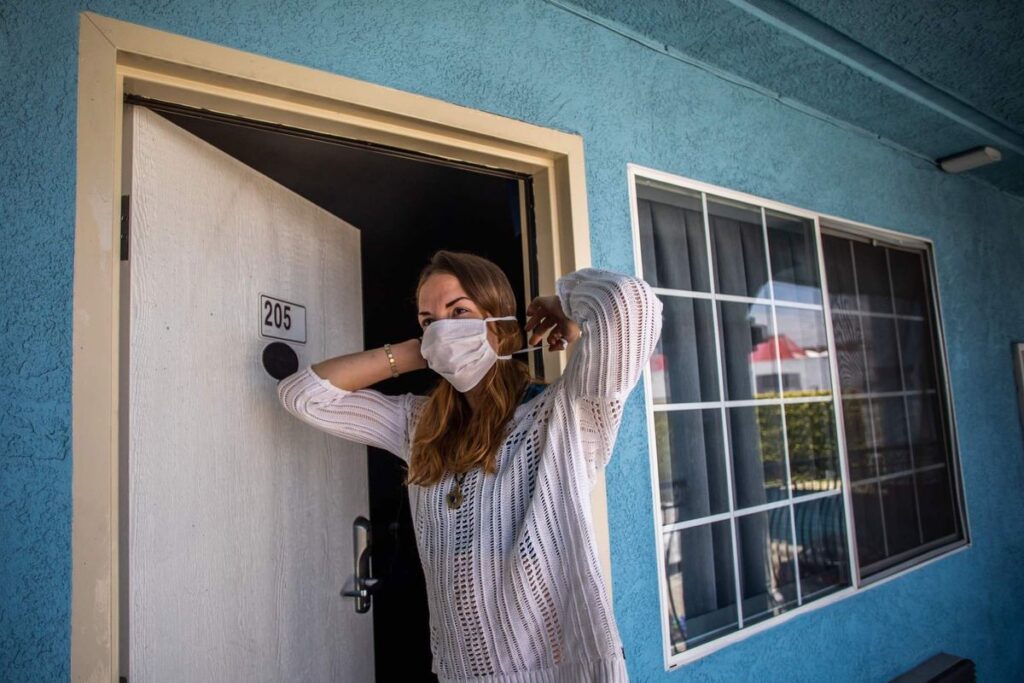**San Francisco may face a staggering $26 million payout as a result of Project Roomkey, a program that aimed to provide temporary housing for the homeless in hotels during the pandemic. With costs skyrocketing and a massive budget deficit looming, critics argue that simply throwing money at the homeless crisis isn’t the solution.**
Project Roomkey was praised by many when it was launched in California, with the intention of providing shelter for the homeless population during the COVID-19 pandemic. Funded by taxpayers, the program also sought to financially support hotels that were losing business due to lockdowns. However, three years on, the cost of the program is set to soar far beyond initial estimates.
When Governor Gavin Newsom extended the program in December 2020, he celebrated it with enthusiasm, stating that it highlighted the importance of protecting the most vulnerable Californians. At that time, the state had already paid out $512 million to local governments for Project Roomkey, which represented only a quarter of the total cost. This figure suggests that the program cost over $2 billion in total.
Now, San Francisco has agreed to pay significant amounts in damages to two hotels that were contracted to house the homeless during the pandemic. The city will pay $2.9 million to the Tilden Hotel and $5.3 million to Hotel Union Square, while an additional $19.6 million settlement awaits approval by the Board of Supervisors and the mayor for damages incurred by the historic Hotel Whitcomb. In February, a city budget report revealed plans to pay $26 million for other damage claims resulting from the program.
Opponents of the program argue that this costly failure demonstrates that a strategy of simply throwing money at the homelessness crisis is not a rational solution. Additionally, the escalating costs of Project Roomkey come at a time when California is already struggling with a $32 billion budget deficit, after the state reported a surplus during the pandemic.
**Ultimately, the story of Project Roomkey raises significant questions about the effectiveness and sustainability of costly government-led initiatives in the fight against homelessness. With millions of dollars in damages and a massive budget deficit, the Golden State must now reevaluate its approach to this urgent and ongoing crisis.**



